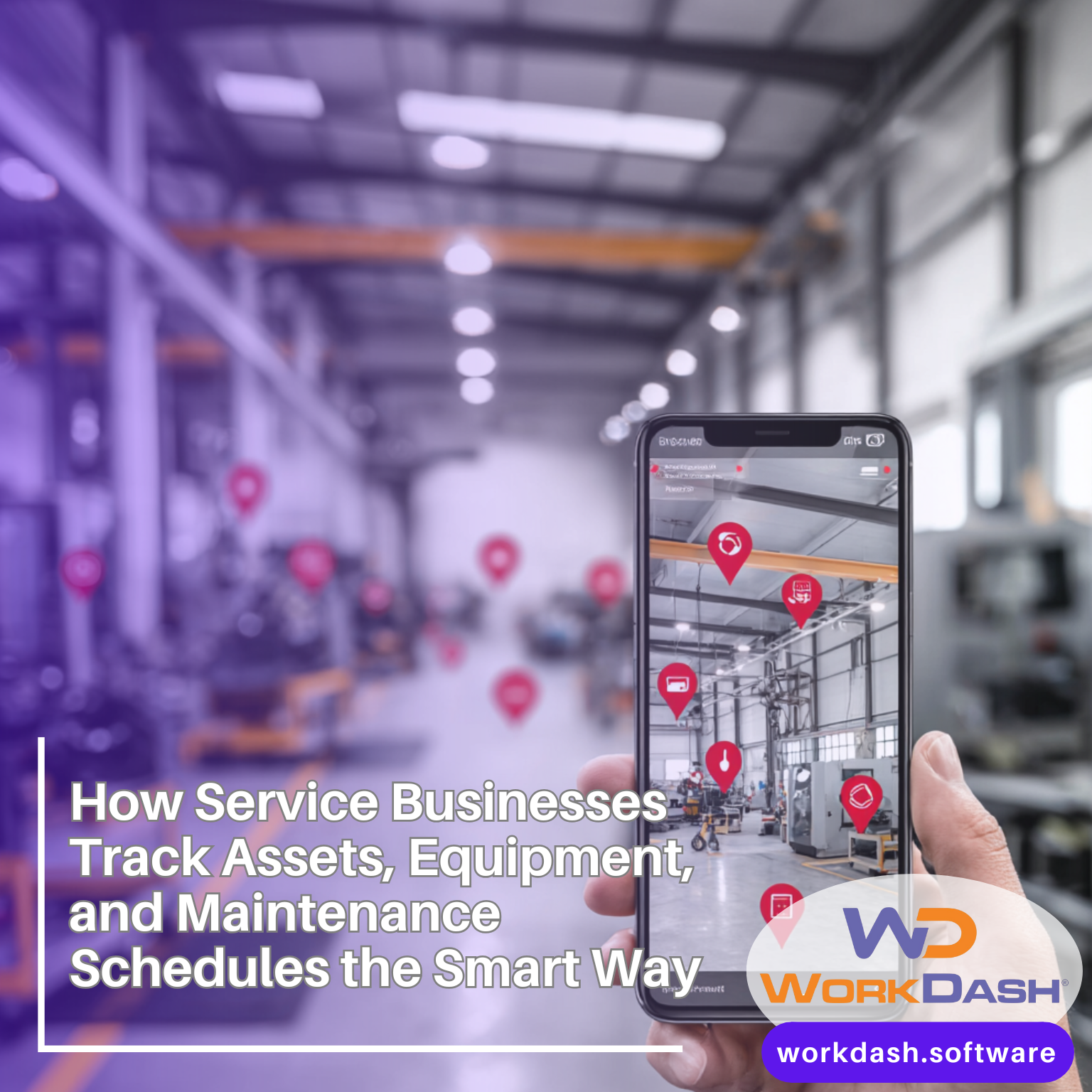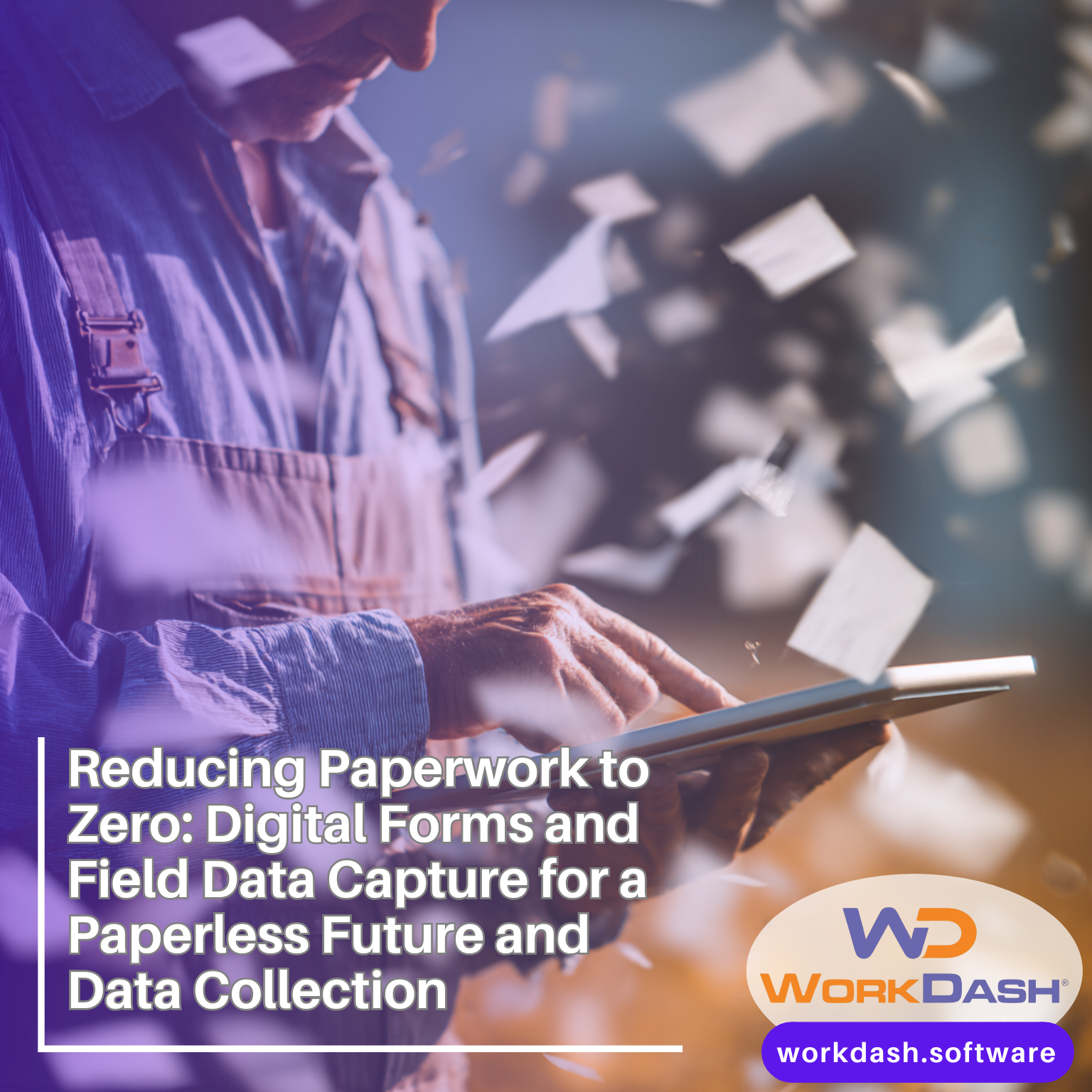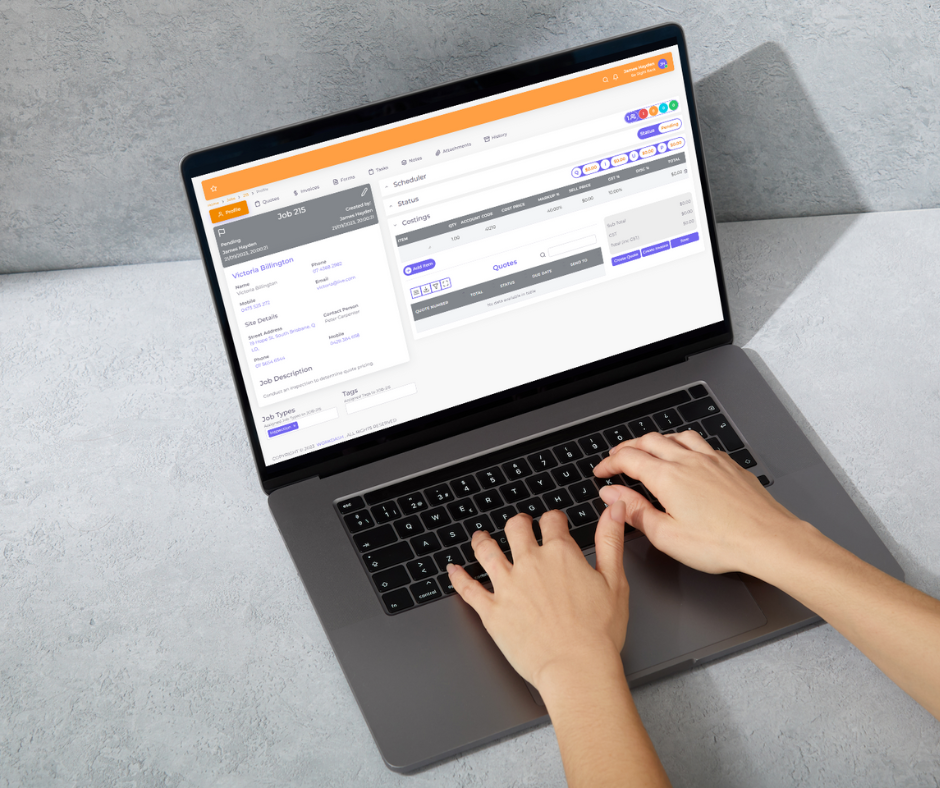Table of Contents
Selecting the right business management software solution (BMS) is a crucial decision that can significantly impact the efficiency, productivity, and growth of your business. With a multitude of options available, it’s essential to make an informed choice that aligns with your company’s specific needs.
This guide will walk you through the key considerations to help you choose the right business management software for your business.
1. Identify Your Needs
Before diving into the sea of software options, take the time to thoroughly assess your business needs. Every business has unique requirements, and understanding these will guide you towards a solution that fits your operations like a glove.
Of course, you need to understand what a business management software really is and how it can help you.
Evaluate Current Processes
Start by mapping out your current workflows. Identify the processes that are working well and those that are causing bottlenecks. A business management platform can integrate various functions like communication, CRM, and project management to enhance overall business efficiency. For instance, if your team struggles with managing inventory, you’ll want a business management software with strong inventory management features.
Define Your Objectives
Clearly outline what you hope to achieve with the new business management platform. Are you a small business looking to streamline operations, improve customer service, or enhance financial management? Having specific goals will help you narrow down your options.
Consider Future Growth
Your business needs today may not be the same as in a few years. Choose a business management software that can scale with your business as it grows. This means you can add more users, manage larger amounts of data, and access extra features when necessary.
2. Ease of Adoption and Use
No matter how powerful the software, if it’s difficult to use, it will likely fail to deliver the desired results. Ease of adoption and use is critical to ensure that your team can quickly learn and effectively utilize the business management system.
User-Friendly Interface
Look for software with an intuitive interface that requires minimal training. A cluttered or confusing interface can lead to frustration and decreased productivity.
Training and Support
Consider the level of training and support offered by the software provider. Some companies offer extensive onboarding programs, tutorials, and 24/7 support, which can be invaluable during the initial stages of adoption.
Customisation Options
The ability to customise the software to match your business processes is a significant advantage. This might include customising dashboards, workflows, or reports to suit your specific needs. A business management system can be tailored to fit unique business processes, enhancing overall efficiency and productivity.

3. Finance Management Features
One of the most critical aspects of any business is managing finances. A business management software with robust finance management features can streamline your financial operations, providing better control and visibility over your business’s financial health.
Invoicing and Billing
Look for software that simplifies invoicing and billing processes. Features like automated invoicing, recurring billing, and payment reminders can save time and reduce errors.
Expense Tracking
Effective expense tracking is crucial for maintaining financial control. Customer data plays a vital role in tracking financial transactions and improving financial management. Choose software that allows you to track expenses in real-time, categorize them, and generate detailed expense reports.
Budgeting and Forecasting
A business management software with budgeting and forecasting tools can help you plan for the future and make informed financial decisions. These features allow you to create budgets, monitor performance against them, and adjust as needed.
Integration with Accounting Software
If you’re already using accounting software, ensure that the business management software integrates seamlessly with it. This will prevent data silos and ensure that your financial information is always up-to-date and accurate.
4. Integration Capabilities
In today’s interconnected world, integration capabilities are more important than ever. Your business management software should be able to integrate with other tools and systems you use to create a cohesive and efficient ecosystem.
5. Budget Considerations
Budget is always a critical factor when selecting business management software. However, it’s important to look beyond just the initial cost and consider the overall value that the software provides.
Initial Costs vs. Long-Term Value
While it might be tempting to choose the cheapest option, it’s essential to consider the long-term value of the business management software. A slightly more expensive solution that offers better features and scalability may prove to be more cost-effective in the long run. Investing in the right project management software can further enhance cost-effectiveness by organising tasks, assigning them to team members, and monitoring their progress efficiently.
Subscription Models
Many business management software providers offer subscription-based pricing models. Evaluate the different tiers and what they offer. Ensure that the tier you choose meets your needs without unnecessary extras that inflate the cost.
Hidden Costs
Be aware of potential hidden costs such as additional fees for support, training, or add-on features. Clarify these costs upfront to avoid unpleasant surprises later.
Return on Investment (ROI)
Consider the potential ROI of the software. Will it help you save time, reduce errors, or increase revenue? A business management software that delivers a strong ROI can justify a higher upfront investment.
6. Scalability
As your business grows, your software needs to grow with it. Scalability is a crucial factor to ensure that the business management software you choose can accommodate your future business needs without requiring a complete overhaul.
User Expansion
Choose a business management software that allows you to add more users as your team grows. Some providers charge per user, so understand how this might impact your costs over time.
Feature Expansion
As your business evolves, you may need additional features. Ensure that the business management software can be upgraded or expanded to include these features without requiring a complete system change. Task management features, such as organising tasks by priority, assigning them to team members, and monitoring progress, should be scalable as your business grows.
Data Handling
As your business grows, so will your data. The business management software should be capable of handling larger volumes of data without compromising performance.
Geographic Expansion
If you plan to expand your business geographically, consider a business management software that supports multiple currencies, languages, and tax regulations.
7. Mobile App Accessibility
In today’s mobile-first world, the ability to access your business management software on the go is more important than ever. Mobile app accessibility allows you to manage your business anytime, anywhere.
Full Functionality
Ensure that the mobile app offers the same functionality as the desktop version. Some apps are limited in their capabilities, which can hinder your ability to work effectively on the go.
Ease of Use on Mobile Devices
The app should be optimized for mobile devices, with a user-friendly interface that makes it easy to navigate on smaller screens.
Offline Access
Consider whether the app offers offline access. This can be crucial if you often work in areas with limited or no internet connectivity.
Security
Mobile access introduces additional security risks. Ensure that the app has robust security features such as encryption, two-factor authentication, and remote wipe capabilities.
8. Comprehensive Reporting Functions
Data-driven decision-making is key to business success. Comprehensive reporting functions allow you to generate detailed reports that provide valuable insights into your business operations.
Customisable Reports
It’s important to be able to adjust reports to show the details that matter most to your business. Find a business management software that lets you create and save reports that suit your needs
Real-Time Data
Reports are only as good as the data they’re based on. Ensure that the business management software provides real-time data, so your reports reflect the most current information.
Visualisation Tools
Visualisation tools, such as charts and graphs, can make complex data easier to understand. Look for software that offers a variety of visualization options to help you make sense of your data.
Export Options
The ability to export reports in various formats, such as PDF, Excel, or CSV, is important for sharing data with stakeholders or performing further analysis.
Conclusion
Choosing the right business management software is a significant decision that requires careful consideration of various factors. By identifying your needs, prioritising ease of use, ensuring robust finance management features, evaluating integration capabilities, considering budget constraints, and ensuring scalability, mobile access, and comprehensive reporting, you can select a solution that will support your business’s growth and success.
Remember that the best software is not necessarily the one with the most features, but the one that best fits your specific business needs and goals.
Ready to see how the right business management software? Book a demo with WorkDash





